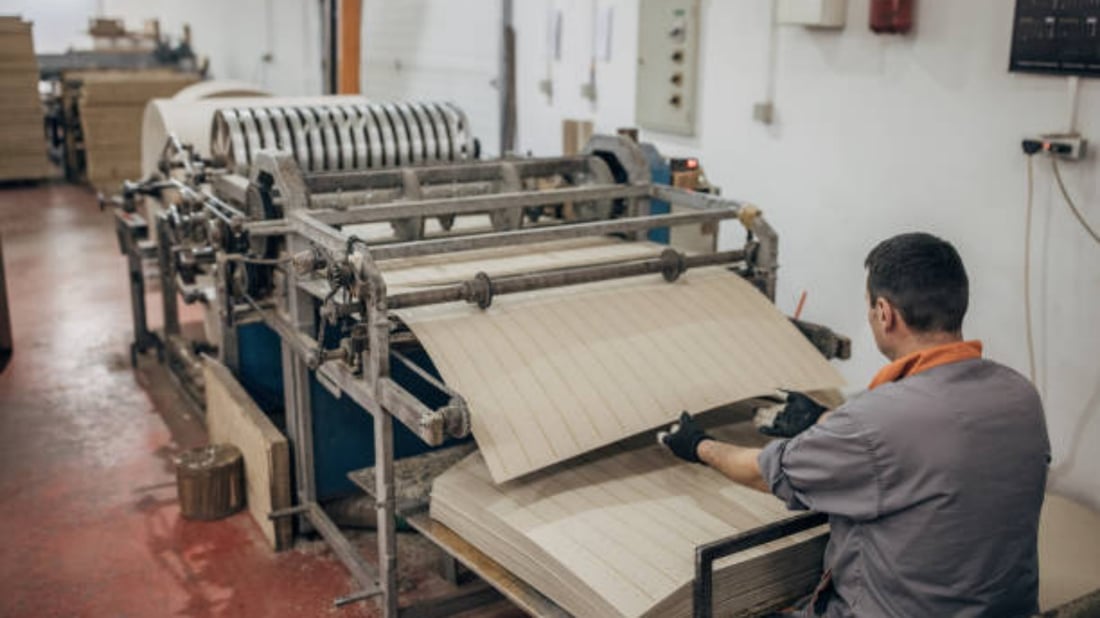roll forming manufacturers: A Comprehensive Guide
Roll forming is a widely used manufacturing process that involves shaping metal sheets into desired profiles or shapes. This technique has gained significant popularity due to its versatility, cost-effectiveness, and ability to produce high-quality products. In this article, we will explore various aspects of roll forming manufacturers, including their role in the industry, the benefits of working with them, and how to choose the right manufacturer for your specific requirements.
The Role of Roll Forming Manufacturers
Roll forming manufacturers play a crucial role in the metal fabrication industry by providing customized solutions for various applications. These manufacturers use specialized machines, known as roll formers, to shape metal sheets into specific profiles. These profiles can range from simple shapes like angles and channels to complex designs used in industries such as automotive, construction, and aerospace.
Roll forming manufacturers work closely with their clients to understand their requirements and design custom tooling for their specific profiles. They are equipped with advanced technology and expertise to ensure precise and consistent results. Whether it's creating prototypes or producing large quantities, roll forming manufacturers can efficiently meet the demands of their customers.
The Benefits of Working with Roll Forming Manufacturers
Choosing to work with roll forming manufacturers offers several advantages over other metal fabrication methods. Here are some key benefits:
1. Cost-Effectiveness
Roll forming is a highly efficient process that allows for faster production speeds and reduced material waste compared to traditional fabrication methods. This results in lower production costs, making it an economical choice for both small and large-scale projects. Roll forming manufacturers can provide cost estimates upfront, allowing clients to plan their budgets accordingly.
2. Customization
Roll forming manufacturers excel at creating custom profiles tailored to the specific needs of their clients. With the ability to design and manufacture tooling in-house, they can produce unique shapes and sizes that meet precise specifications. This level of customization is crucial for industries that require specialized profiles for their products.
3. Consistency and Precision
Roll forming manufacturers utilize advanced machines and technology to ensure consistent and precise results. The process involves feeding metal sheets through a series of rollers that gradually shape them into the desired profile. This ensures uniformity in dimensions and eliminates variations often encountered in other fabrication methods.
4. Versatility
Roll forming can be used to create a wide range of profiles, making it a versatile choice for various industries. Whether you need simple shapes like angles and channels or complex designs with intricate details, roll forming manufacturers can deliver the desired outcome. This flexibility makes roll forming suitable for applications in automotive, construction, furniture, and many other sectors.
5. Material Options
Roll forming manufacturers work with different types of metals, such as steel, aluminum, stainless steel, and more. This allows clients to choose the most suitable material for their specific application based on factors like strength, weight, corrosion resistance, and cost. With a wide range of material options, roll forming manufacturers can meet diverse customer needs.
Choosing the Right Roll Forming Manufacturer
When selecting a roll forming manufacturer for your project, there are several factors to consider. Here are some key points to help you make an informed decision:
1. Experience and Expertise
Look for manufacturers with a proven track record and extensive experience in roll forming. A reputable manufacturer will have a deep understanding of various industries and the ability to tackle complex projects. They should also have a skilled team of engineers and technicians who can provide valuable insights and solutions.
2. Customization Capabilities
Ensure that the manufacturer has the capability to design and produce custom profiles specific to your requirements. Ask for samples or case studies showcasing their past work to assess their level of expertise in creating unique shapes and sizes.
3. Quality Control Measures
Quality control is crucial in roll forming to ensure consistent and reliable results. Inquire about the manufacturer's quality control processes, certifications, and adherence to industry standards. A reliable manufacturer will have robust quality control measures in place to meet or exceed customer expectations.
4. Production Capacity
Consider the manufacturer's production capacity and ability to handle your project's volume requirements. Evaluate their machinery, workforce, and turnaround times to ensure they can meet your deadlines without compromising quality.
5. Customer Support
Lastly, choose a manufacturer that offers excellent customer support. Clear communication, responsiveness, and a willingness to address any concerns or queries are essential qualities to look for in a roll forming manufacturer.
Conclusion
Roll forming manufacturers play a vital role in the metal fabrication industry, providing cost-effective and customized solutions for various applications. By leveraging their expertise, advanced technology, and versatility, they can produce consistent and high-quality profiles for industries ranging from automotive to construction. When choosing a roll forming manufacturer, consider factors such as experience, customization capabilities, quality control measures, production capacity, and customer support. By making an informed decision, you can ensure a successful partnership and achieve the desired outcomes for your project.

